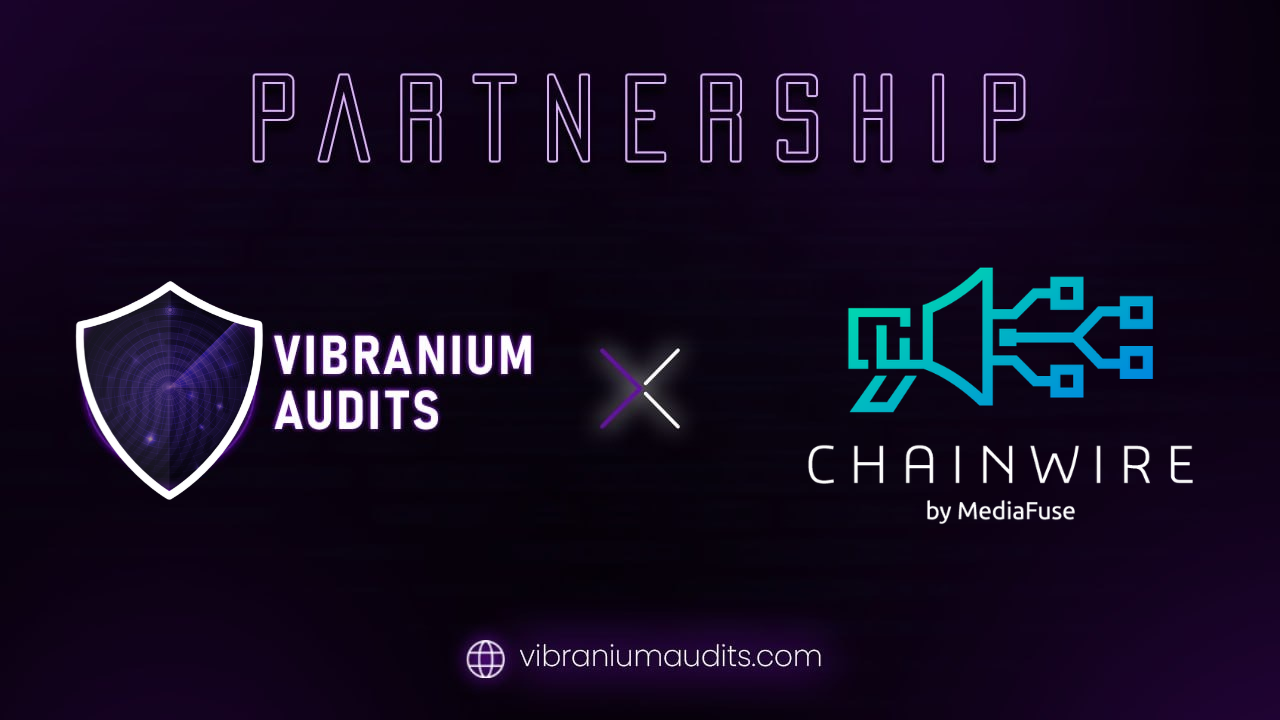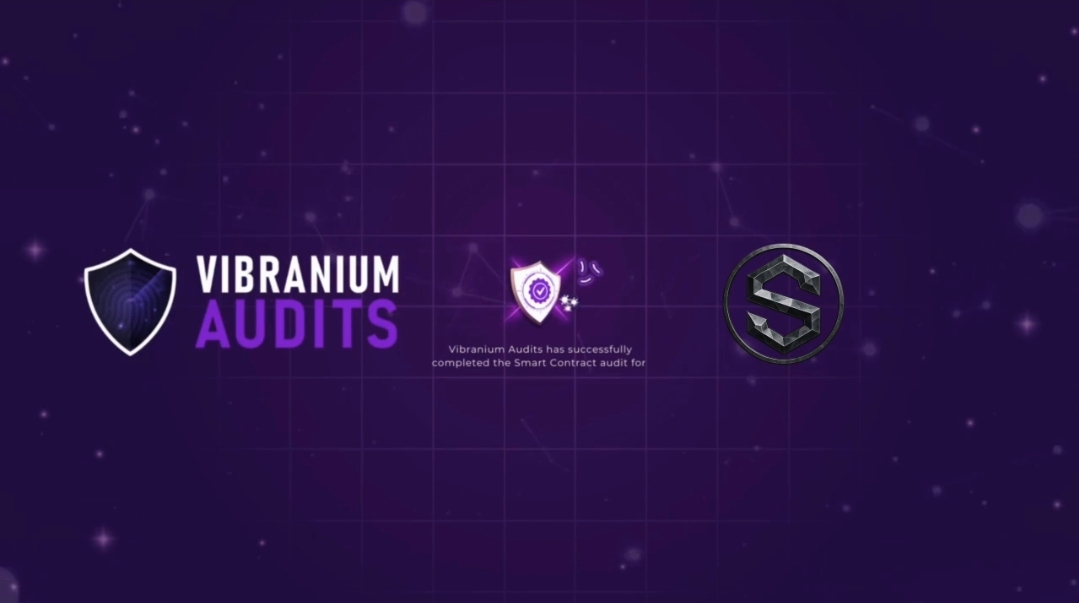In the Ethereum ecosystem, three primary token standards have emerged to serve various needs: ERC20, ERC721, and ERC1155. Each standard comes with its own set of functionalities and use cases, catering to different requirements within the blockchain landscape.
ERC20: The Standard Token
The ERC20 token standard serves as the digital equivalent of "money" within the blockchain space. These tokens are fungible, meaning each token is interchangeable with another, making them ideal for use as digital currencies. The total supply of ERC20 tokens can either be fixed or dynamic, determined at the time of contract deployment. Token minting allows for the creation of new tokens post-deployment, which can then be allocated to specific addresses as needed. The flexibility in supply management, coupled with seamless token transfers between addresses, has established ERC20 as a fundamental standard for creating and managing digital currencies on the Ethereum blockchain.
ERC721: The NFT Standard
Moving on to ERC721, this standard introduced the concept of Non-Fungible Tokens (NFTs) to the world. Each ERC721 token is unique, identified by a specific ID that typically increments with each minting event. This uniqueness distinguishes ERC721 tokens from ERC20 tokens, enabling the representation of individual, distinct assets. The non-fungibility of ERC721 tokens has unlocked a plethora of use cases:
- Digital Art and Collectibles: ERC721 has revolutionized the art world by enabling artists to tokenize their works, ensuring authenticity and ownership through the blockchain.
- Gaming: In blockchain-based games, ERC721 tokens can represent unique in-game items or characters, providing verifiable ownership and facilitating trading within the game's ecosystem or external marketplaces.
- Real Estate and Asset Tokenization: By tokenizing real-world assets like real estate, ERC721 tokens can represent ownership or specific rights to physical properties, introducing a new form of investment and asset management.
ERC1155: The Multi-Token Standard
The ERC1155 standard offers a versatile and innovative approach to tokenization by combining the characteristics of both ERC20 and ERC721. It allows for the coexistence of both fungible and non-fungible tokens within a single contract. With ERC1155, a token ID can represent a class of items (similar to ERC20's fungibility) or a unique item (similar to ERC721's non-fungibility), depending on the quantity associated with the ID. This flexibility facilitates various applications such as:
- On-Chain Gaming: Developers can leverage ERC1155 to create a diverse range of in-game assets, from common items (fungible) to rare or unique equipment (non-fungible), all within a single, efficient contract structure.
- Asset Bundling: ERC1155 enables the bundling of multiple types of assets into a single transaction, reducing the cost and complexity of operations like transferring or selling multiple items.
In summary, ERC20, ERC721, and ERC1155 serve as the foundational token standards of the Ethereum ecosystem, each offering distinct capabilities. Whether it's the broad applicability of ERC20, the uniqueness of ERC721, or the versatility of ERC1155, these standards collectively enrich the blockchain ecosystem, opening up endless possibilities for developers, creators, and users alike.
FAQs about Smart Contract Auditing
Q: What is a smart contract audit?
A: A smart contract audit is a comprehensive review of a smart contract's code and functionality to identify vulnerabilities and security risks.
Q: Why is smart contract auditing important?
A: Smart contract auditing is crucial to ensure the security and reliability of decentralized applications (DApps) built on blockchain platforms. It helps mitigate the risk of exploits, hacks, and financial losses.
Q: Who conducts smart contract audits?
A: Smart contract audits are typically performed by specialized security firms or auditors with expertise in blockchain technology and smart contract development.
Q: What are the common vulnerabilities found in smart contracts?
A: Common vulnerabilities in smart contracts include reentrancy attacks, integer overflow/underflow, access control issues, and unchecked external calls, among others.
Q: How can I get my smart contract audited?
A: You can reach out to reputable smart contract auditing firms or consultants to request an audit of your contract. It's essential to choose auditors with a proven track record and expertise in the relevant blockchain platform.










